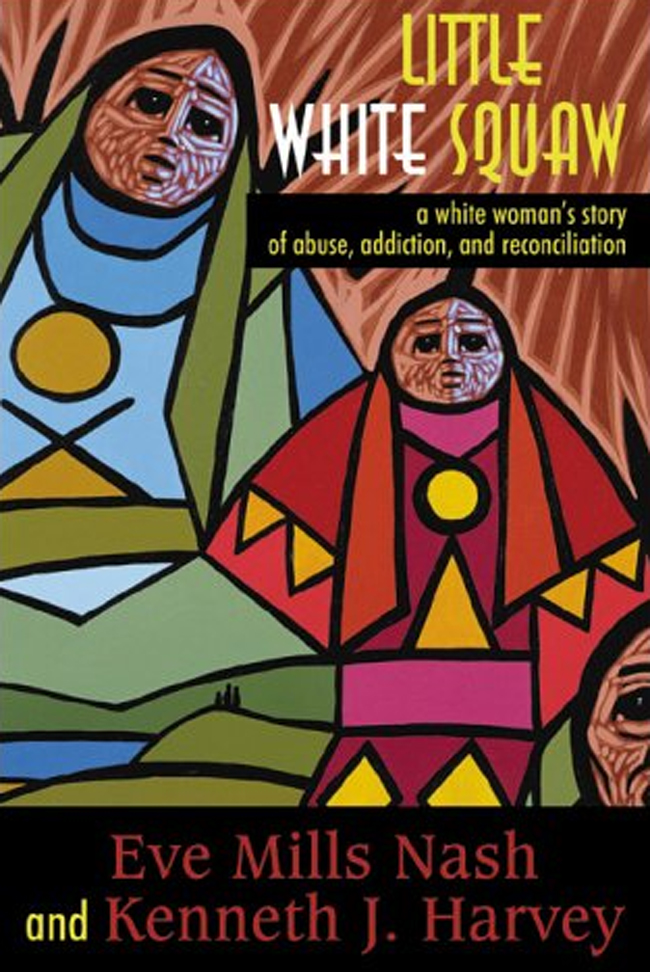Book Review: Abuse, addiction and reconciliation
 By Shirley Honyust
By Shirley Honyust
This is a factual biography, although some of the names have been changed, and its catchy title does nothing to belie its contents.
“Squaw” is a derogatory term where Nash is objectified by her fiancé, Stan, at the opportune moment that he introduces her to his mother who is, interestingly, also a white woman. Ironically, Nash takes this racial slur as an endearment and perceives it as a compliment which she attempts to live up to in comparison to the already low level of self-esteem she has endured. Surprisingly, in view of the life she is about to live, “Little White Squaw” is surprisingly closer to the truth of their relationship than the reader can possibly imagine from the first page.
At the tender age of eight years, Eve is fore-warned of her doomed relationship by her loving grandmother, Grammie Mills. Grammie is a gifted seer, referred to also as a “fortune-teller” and her message falls is misconstrued by ears too young to take her seriously. Devastated by her grandmother’s death, Nash chooses to repeatedly live out the pattern of family dysfunctional behaviors with disastrous results.
Read this book if you dare to hear the truth, as women everywhere know someone like the protagonist who has gone through a similar trek of troubled relationships. The authors go to great lengths, however, to explain why Eve, and very likely others in similar circumstances, would choose to abandon her culture and biblical beliefs to seek happiness in a parallel world that offers her not much more than constant rejection.
Little White Squaw by Eve Mills Nash and Kenneth J. Harvey; Prospect Books 2002 ISBN 0888784279.


